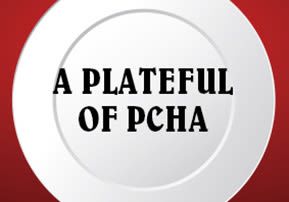
A Plateful of Pcha
Sitting at the head table, the Rebbe was stuffing his face with gelled chicken feet, looking like the most crude of gluttons who hadn't seen a morsel of food in a month...

In case you don't know what pcha is, it's the Ukrainian-Yiddish word for jellied chicken feet, a traditional Ashkenazi-Jewish delicacy that evokes extreme reactions – it makes the eyes of Chassidim roll in delight, or it makes the faces of many others turn green in revulsion. My father, may he rest in peace, was a Ukrainian Jew. His idea of heaven on earth was a plateful of pcha, a chunk of Pumpernickel and a glass of Smirnoff. I'm sure that my Pop has since discovered better things in the upper realm, but that's a different story…
Anyway, be forewarned. Pcha is known in Israeli Yiddish as galler and in Hebrew as regel krusha. If you happen to frequent a Jewish soul-food restaurant in Israel, you'll know what (not) to order. And in case you're curious, I make a knock-your-socks-off pcha, loaded with garlic.
You must understand one vital technical fact in order to appreciate the story I'm about to tell you: pcha is a highly perishable gel that must be refrigerated. At warm temperatures, it reverts to a soupy and sticky liquid.
Now that you're an expert on gelled chicken feet, here's a true story you'll never forget about the previous Tollner Rebbe from Bayit V'gan in Jerusalem, Rabbi Yochanan Twersky of saintly and blessed memory, told to me by a close friend who witnessed it first-hand:
The Tollner Rebbe had limitless love and compassion for every human. Once, an individual came to him and burst out crying, sobbing for five long minutes before he could utter a word. The Rebbe comforted him and 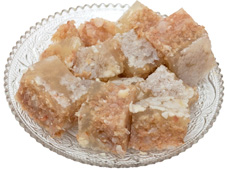 calmed him down, and learned that the individual had been diagnosed with a terminal illness. According to the doctors, the disease was spreading violently fast, leaving the patient almost no hope to live more than another three months. The Rebbe took this person's plight to heart and promised to pray for him daily.
calmed him down, and learned that the individual had been diagnosed with a terminal illness. According to the doctors, the disease was spreading violently fast, leaving the patient almost no hope to live more than another three months. The Rebbe took this person's plight to heart and promised to pray for him daily.
For days and weeks, the Rebbe prayed but the patient's health continued to deteriorate, to the point of being hospitalized.
On the Tollner Rebbe's spiritual level, he could feel whether or not his prayers were accepted.
The Tollner Rebbe had his own little shtieble (small neighborhood synagogue, usually not more than one or two rooms in size) in Bayit V'gan. One Shabbat, after the morning prayers there, he told his grandson (the current Tollner Rebbe shlit'a) and his gabbai (beadle), "Let's go to Rabbi Koppel Zilberberg's shul and say 'mazal tov' – so and so has a new baby girl and is sponsoring a Kiddush there." Rabbi Koppel of blessed memory was the rabbi of the main Chassidic synagogue in the center of the Bayit V'gan neighborhood.
Escorted by his grandson, gabbai and a few of the Tollner regulars, the Rebbe went to the Kiddush and sat down at the head table. The table was loaded with pastries, herring and smoked fish, kugel and an assortment of feel-no-pain beverages. As if he hadn't seen food in a month, the Rebbe grabbed an entire plate of pcha, said a quick shehakol blessing, and started stuffing his face with chunk by chunk of the garlicky-scented gel. Before long, a mixture of saliva and soupy gel were dripping down the Rebbe's beard. He was making the hungriest hobo look like Emily Post compared to him. The Rebbe's gabbai and grandson wanted to dig a hole and jump inside – words cannot express their embarrassment. Why was the Rebbe acting like the coarsest of gluttons?
The Rebbe, looking like a mess, made a quick boreh nefashot after blessing and said "mazal tov" to the father of the new baby. If stuffing his face wasn't enough, he took the remaining pcha from the tray and stuffed it in the pockets of his beketche, his Shabbat coat. Now, at the Rebbe's body temperature, the pcha was melting fast and oozing out of his pockets and running down the sides of his coat. A disaster was the understatement of the year…
Outside, back on Hapisga Street, the Rebbe's grandson and the gabbai had burning, crimson-color faces. What on earth did the Rebbe do? He acted worse than the most uncultured barbarian. Not only did he look terrible, but he now smelled garlic and chicken feet. With tears in his eyes, the grandson asked, "Zaidie (Yiddish for grandfather), "how could you make such a fool of yourself?"
The Tollner Rebbe answered, "I had no choice. No matter how much I've prayed for so-and-so and how much I've done in his behalf, Hashem hasn't answered my prayers. I decided to force Hashem to accept my prayers, so I humiliated myself in the worst way, with the intent that all the merit should go for the complete recovery of so-and-so."
To the utter bewilderment of the medical team in the oncology wing of Shaarei Tzedek hospital in Jerusalem, so-and-so's situation took and inexplicably dramatic turn for the better. Eventually, he beat the disease altogether.
* * *
If we knew how priceless an insult or a moment of humiliation is, we'd seek them like we'd seek the rarest gem. Our sages teach that a few seconds of embarrassment have the spiritual power to atone for the worst possible decree against a person, even a death sentence, Heaven forbid.
The next time you suffer an insult or humiliation, smile. Hashem is sending you a gift that just might save your life. It's all for the very best, always!





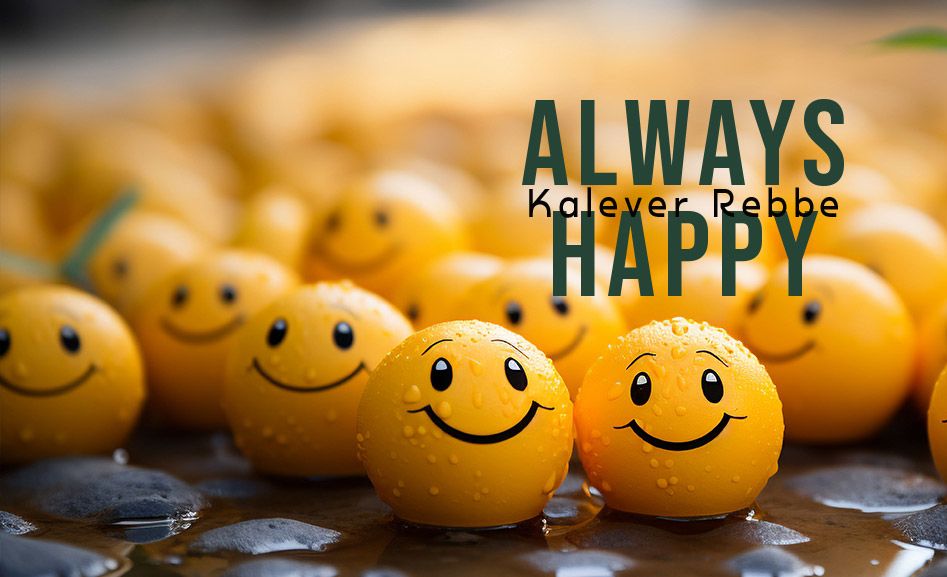

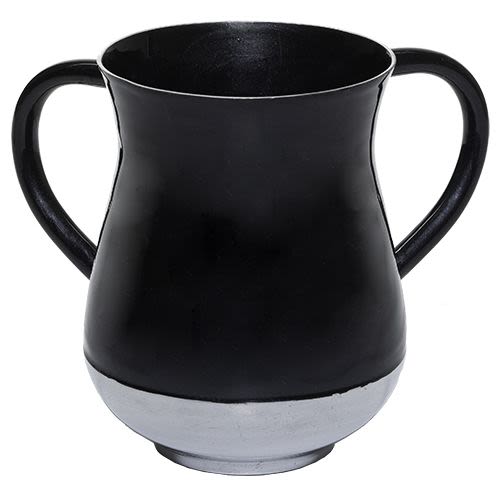
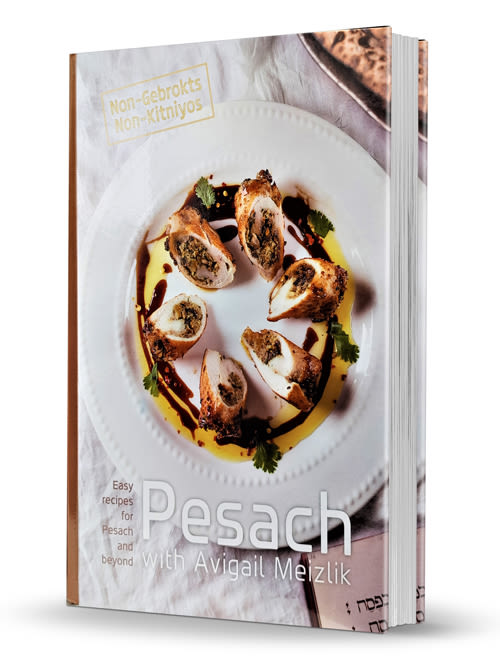
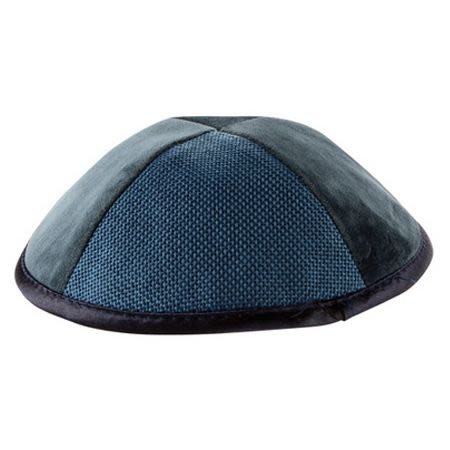
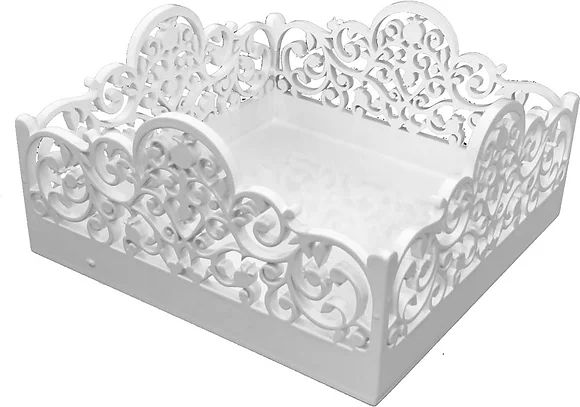
10/20/2017
How helpful and practical!
Thank you Rabbi Brody! Through reading these articles about emuna, a person is given the tools to change their whole thinking process around from black to white!
10/20/2017
Thank you Rabbi Brody! Through reading these articles about emuna, a person is given the tools to change their whole thinking process around from black to white!